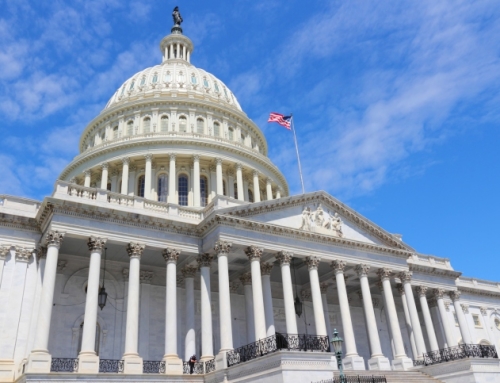A staffing buyer in Dudley, Mass., and two of its executives will pay nearly $1 million for minimum wage violations involving contingent workers and hindering an investigation, the Massachusetts Attorney General reported last month. The announcement follows two large settlements in March of this year: A reusable bag factory that tried to shield itself from liability by using temps settled for $1.2 million, and a laundry agreed to a $900,000 settlement in another wage case that included contingents.
Shield Packaging agreed to a nearly $1 million settlement for failure to pay minimum wage, hindrance and paystub violations, according to the most recent announcement. Shield Packaging President George Bates and plant manager A. Bruce Simpson agreed to pay $564,000 as part of the settlement deal with the state. In addition, the company will pay more than $210,000 in back wages and another $210,000 in liquidated damages as part of a federal settlement.
Approximately 480 workers will receive restitution, some of it will be in double damages.
An investigation found that temporary workers at Shield were paid below the state minimum wage between August 2014 and October 2016, according to the Attorney General’s Office. The workers were also not paid proper overtime and not compensated for time spent putting on and taking off safety equipment.
Additionally, the Attorney General’s Office found that two employees were allegedly instructed to misrepresent and obscure facts.
As part of the settlement, Shield Packaging agreed to strengthen its recordkeeping practices and monitor the payroll practices of any staffing agency that it works with.
“This action resolves allegations that this employer robbed low-wage workers of money that they had earned, while at the same time gaining an unfair advantage over honest businesses,” Attorney General Maura Healey said in a statement.
Shield Packaging sells custom aerosol packaging products. The company recently faced $150,000 in penalties in a separate case by the US Occupational Safety and Health Administration when a contingent worker was injected with a flammable propellant gas.









